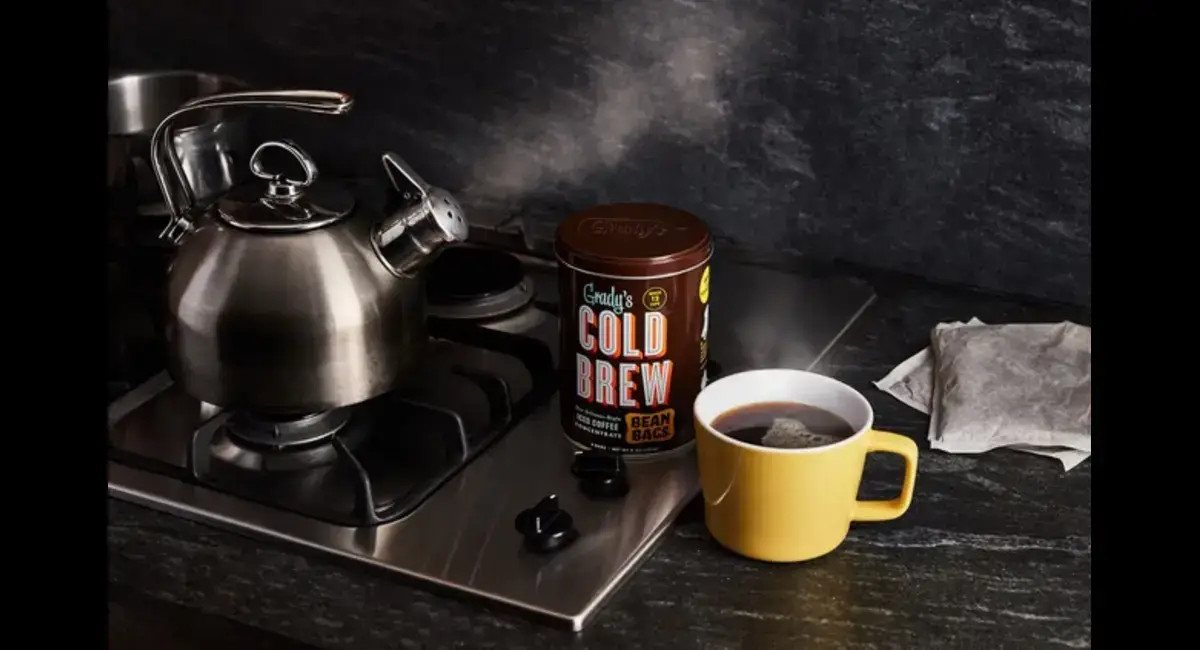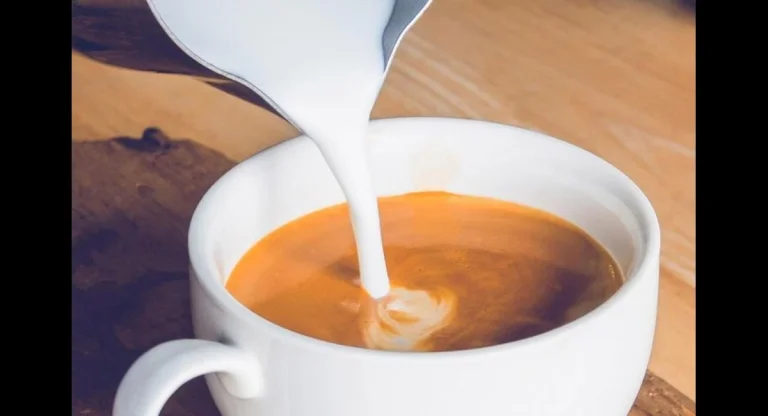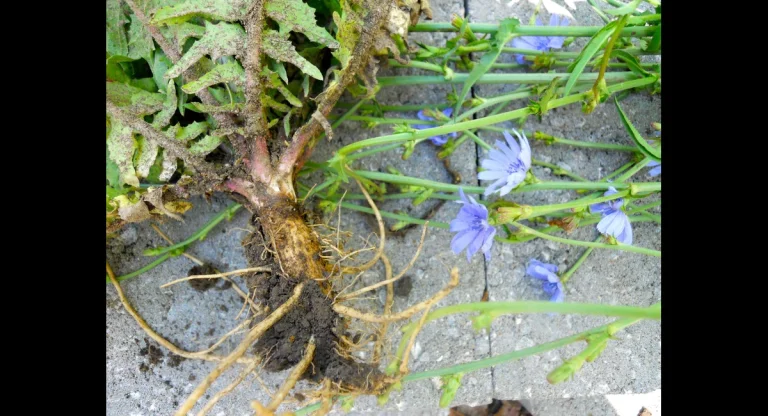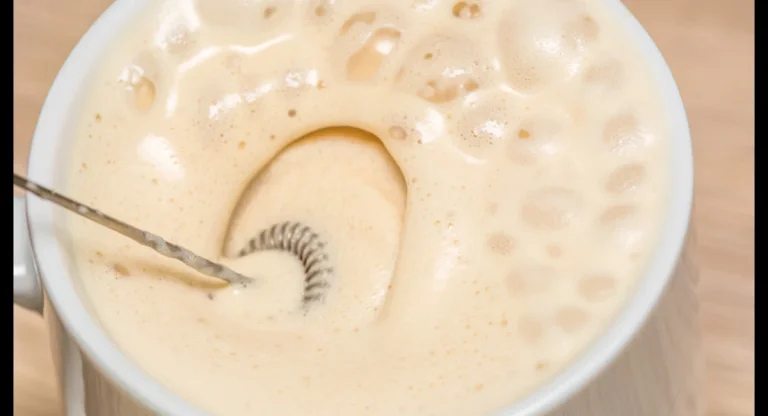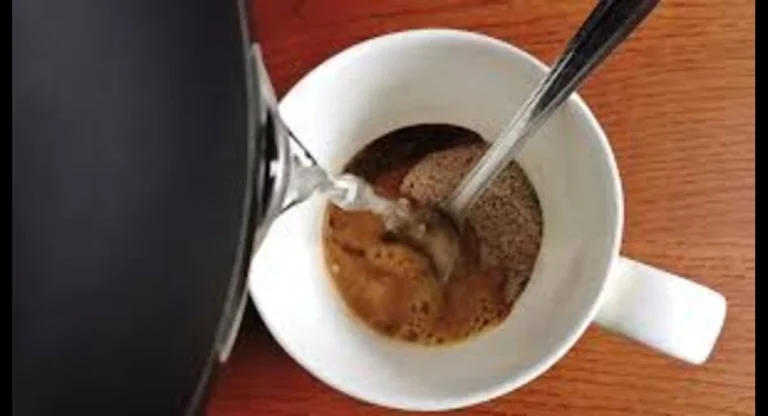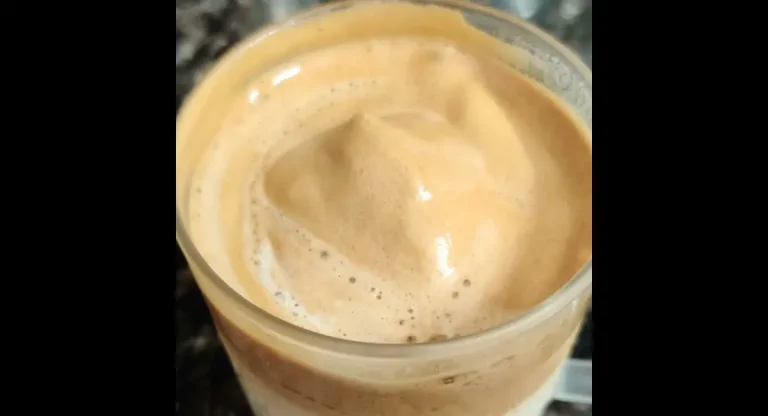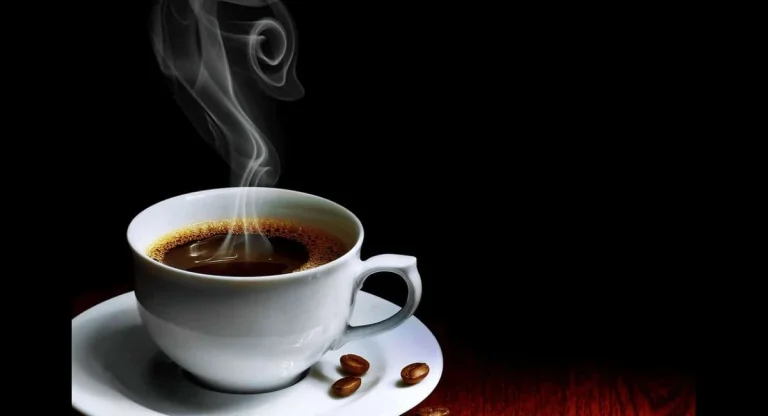Can You Heat Up Cold Brew Coffee?
Cold brew coffee has grown in popularity for its smooth flavor and lower acidity compared to traditional brewed coffee. But can you heat up cold brew coffee without compromising its taste? The answer is yes but with certain considerations. Heating cold brew alters the coffee’s flavor profile, making it more bitter and acidic due to chemical reactions that occur when the coffee is exposed to heat.
In this article, we’ll dive into various methods for heating cold brew coffee, the pros and cons of each, and tips for maintaining the best flavor. Let’s explore how to heat up cold brew coffee effectively while minimizing the impact on taste.
Can You Heat Up Cold Brew Coffee?
Yes, cold brew coffee can be heated if you prefer it warm. However, heating it changes the taste, making it more acidic and bitter because of the release of quinic and chlorogenic acids. These acids are responsible for the coffee’s flavor transformation during the heating process.
How to Heat up Cold Brew Coffee: 4 Effective Methods
Here’s a breakdown of the most common methods for heating up cold brew coffee and how each affects the flavor:
| Method | Process | Impact on Flavor |
|---|---|---|
| Stovetop | Pour cold brew into a saucepan, stir over low-medium heat until warm. | Moderate risk of over-boiling, adds bitterness. |
| Microwave | Heat in 20-30 second increments in a microwave-safe cup. | High risk of uneven heating and bitterness. |
| Electric Kettle | Warm the cold brew using the lowest setting in an electric kettle. | Low risk of overheating, gentle warmth. |
| Dilution with Hot Water | Add half hot water to cold brew, stir to warm. | Safest method, minimizes bitterness and acidity. |
Best Method for Heating Cold Brew Coffee
When it comes to heating cold brew without sacrificing its unique smoothness, the electric kettle and diluting with hot water methods are by far the best options. These methods offer more precision and control compared to other heating techniques, ensuring that your cold brew doesn’t lose its pleasant, less acidic taste.
- Electric Kettle Method: Using an electric kettle allows for precise temperature control. Cold brew coffee is sensitive to heat, and an electric kettle set to a low temperature can gently warm the coffee without subjecting it to extreme heat that would trigger the release of bitter acids. The key is to avoid boiling, as that can lead to over-extraction, which significantly alters the coffee’s flavor profile. When done carefully, this method preserves the rich, mellow qualities of cold brew while giving you a warm cup to enjoy.
- Dilution with Hot Water: This method is ideal for those who want to maintain full control over the coffee’s temperature. By gradually adding hot water to the cold brew, you can raise the temperature without risking an unpleasant change in flavor. The beauty of this method lies in its simplicity—start with a ratio of 1:1 for cold brew and hot water, and adjust based on your preferred strength and warmth. For a milder taste, add more hot water, and for a stronger brew, use less. This method minimizes the acidity and bitterness that can occur when cold brew is exposed to direct heat.
Both methods are excellent for warming up cold brew without compromising too much of its original flavor. They’re also safer than using a microwave, which can cause uneven heating, or a stovetop, which requires constant monitoring to avoid overheating. Whether you want a quick warm-up or prefer to carefully dilute your cold brew, these two methods ensure you still enjoy the smooth, rich taste that cold brew is known for.
Advantages and Disadvantages of Heating Cold Brew Coffee
| Advantages | Disadvantages |
|---|---|
| Enhances the rich and robust flavor of coffee. | Increases bitterness due to heat release of acids. |
| Can be enjoyed hot during cold weather. | Alters the smooth and creamy texture. |
| Provides versatility – you can turn cold brew into lattes, cappuccinos, or plain coffee. | High risk of over-extraction and a burnt flavor if overheated. |
Heating cold brew has its benefits, but it also comes with potential downsides, especially for those who prefer the original, smooth taste of cold brew.
Does Heating Cold Brew Coffee Affect Its Acidity?
Yes, heating cold brew increases its acidity. This is because the cold-brew extraction process avoids high temperatures, reducing the release of certain acids. However, once cold brew is exposed to heat, acids like quinic and chlorogenic are released, making the coffee more bitter and less smooth.
Frequently Asked Questions
1. Does Heating Up Cold Brew Coffee Change Its Flavor?
Yes, heating up cold brew will alter its taste, making it more bitter and acidic. This is due to the release of certain acids when the coffee is heated.
2. What Is the Best Temperature to Heat Cold Brew?
The ideal temperature to heat cold brew is between 130°F and 160°F (54°C to 71°C). This range helps to preserve the flavor without increasing the bitterness or acidity too much.
3. How Long Does Cold Brew Coffee Last?
Cold brew can last up to two weeks when stored properly in the refrigerator. After two weeks, the flavor may start to degrade, and the coffee might taste stale.
4. Can You Make Iced Coffee From Cold Brew?
Yes, you can make iced coffee by using cold brew as a base and adding ice cubes. This method is different from simply pouring hot brewed coffee over ice, as it uses the smoother, less acidic cold brew.
Final Thoughts
Heating up cold brew coffee is an option for those who want to enjoy their brew warm. However, be aware that the heating process alters the flavor, making the coffee more bitter and acidic. Among the different heating methods, using an electric kettle or diluting with hot water offers the best balance between convenience and preserving flavor.
Ultimately, whether you prefer your cold brew hot or cold, the choice depends on your personal taste. If you’re a fan of smooth, less bitter coffee, it’s best to enjoy cold brew in its original form. But if you’re open to a more robust and bitter flavor, feel free to heat it up using the methods outlined above.

